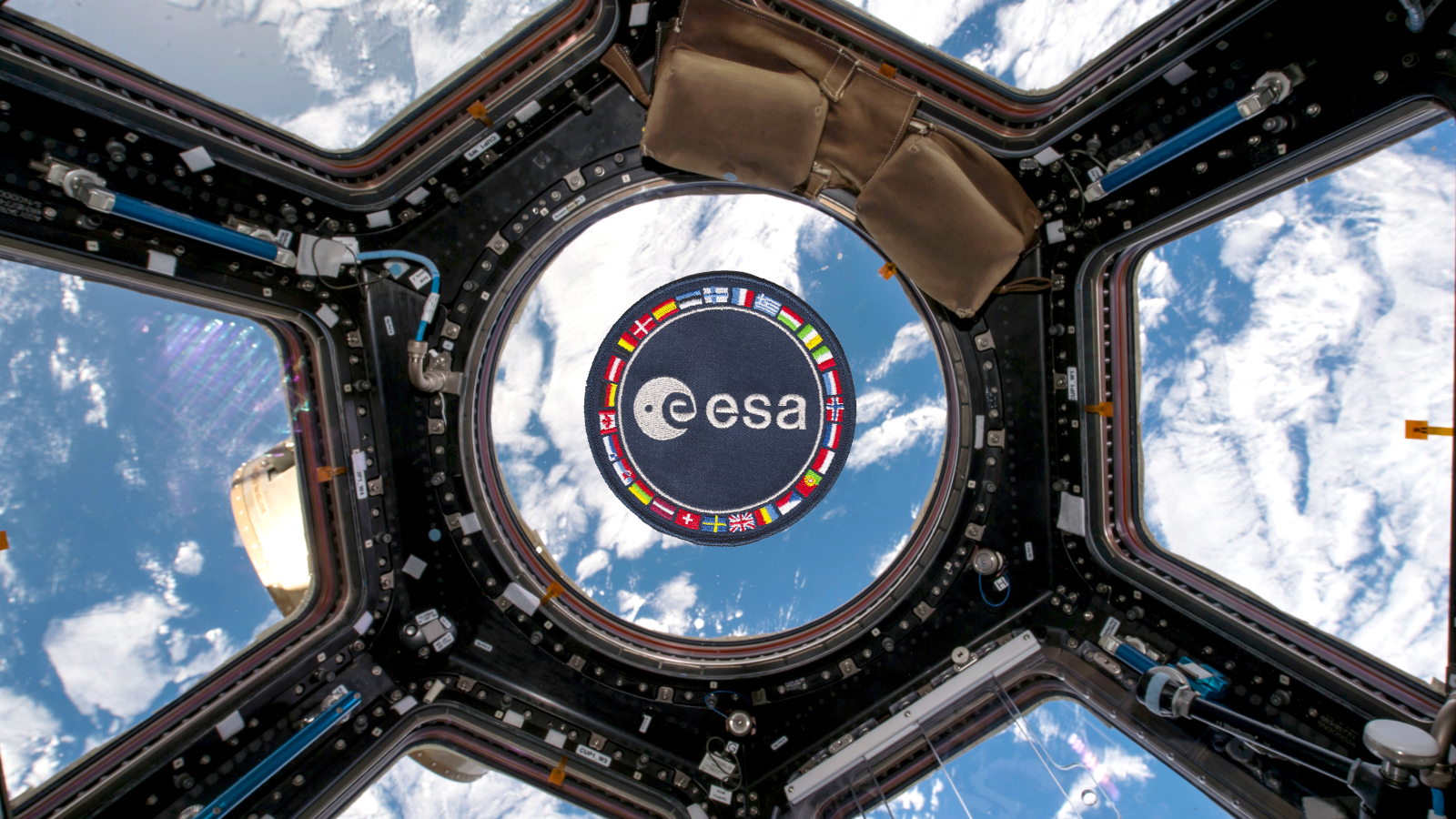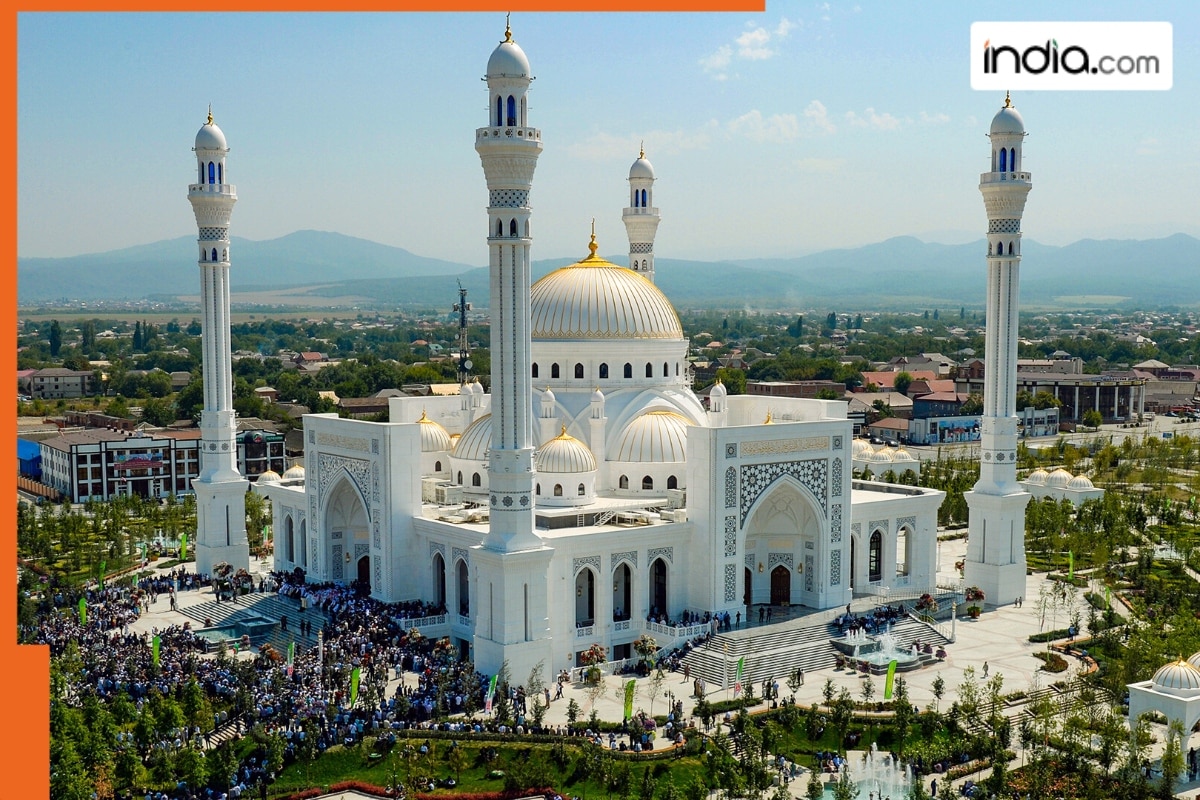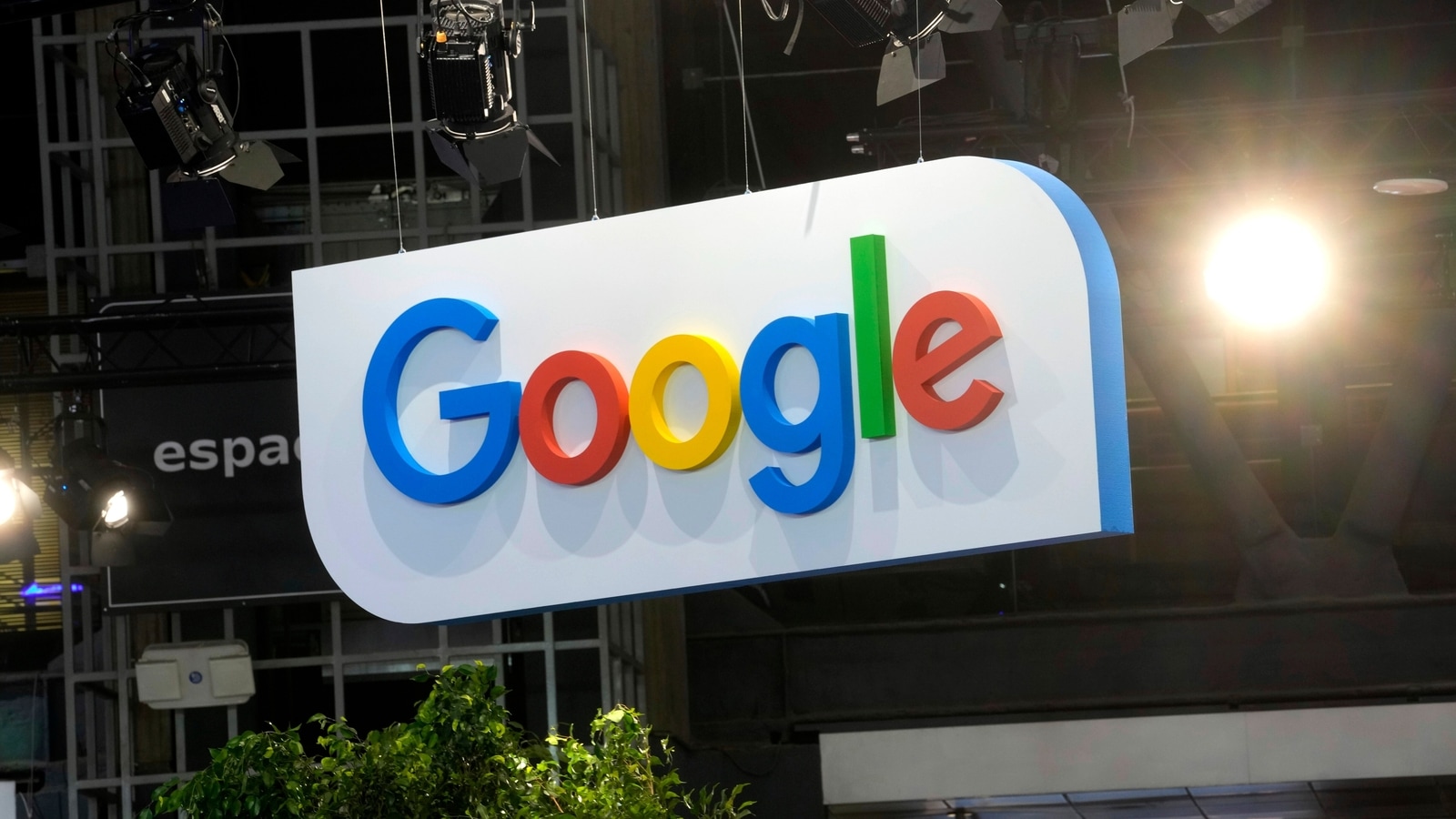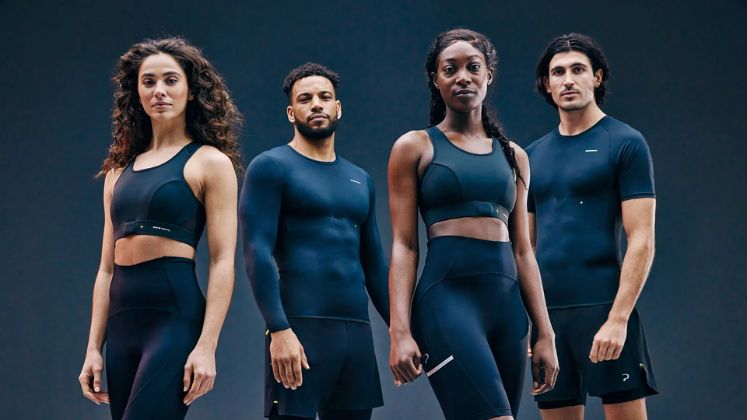Football
FOOTBALL: EURO 2024 AND EUROPE

After more than four weeks and 51 football matches, Euro 2024 drew to a close with its total audience again likely to have exceeded five billion live viewers. Europe’s premier international football tournament has certainly retained its global appeal, but its overall report card presents a rather more mixed picture for the continent — of fading glories and harsh realities.
The most recognisable symbol of waning strength has been Portuguese superstar Cristiano Ronaldo. For years, he has been considered one of the sport’s greatest talents but, at 39, his presence on the pitch is visibly less potent.
Ronaldo’s tears of frustration after missing a penalty against Slovenia were a reminder of what once was but can no longer be — rather like Europe itself, which is struggling to retain its power, influence and relevance.
But while Ronaldo cried (Portugal were ultimately knocked out by France in the quarter-finals), Italy wept. For, if another reflection of European nations losing their way was needed, the chaotic Azzurri provided it.
The battles on and off the pitch during the Uefa European Football Championship 2024 reflect a continent struggling with its own identity
Once the kings of elegance and style, Italy (knocked out by unfancied Switzerland at the last-16 stage) looked bereft of ideas, playing a brand of football that was stilted and lacked dynamism — akin to Europe’s approach to the current stormy economic waters.
And then there was France (beaten by Spain in the semi-final). Just days before the tournament began, French president Emmanuel Macron called a snap parliamentary election after European polls went the way of the far right.
The country’s captain, Kylian Mbappé (of Cameroonian and Algerian descent), then implored young French voters to resist the rise of far-right extremism. It was a sentiment echoed by Ibrahima Konaté, Aurélien Tchouaméni and many other players in the ethnically diverse French squad.
Yet after the first round of voting, in which the National Rally party came out ahead, its president Jordan Bardella announced that he would strip away the automatic right to citizenship of children born in France to non-French parents. In other words, people like Mbappé, Konaté and Tchouaméni.
Meanwhile, England’s largely dour, directionless football matched Britain’s post-Brexit woes. Ramped-up on an anglicised vision of hope, [England manager] Gareth Southgate’s side’s painful progress through the group stages ran in parallel to [former UK prime minister] Rishi Sunak’s stumbling general election campaign. Both were difficult to watch — but at least England made it to the final.
Elsewhere, the Hungarian national team (eliminated at the group stage) turned up in Germany fuelled by more than €3 billion of government investment. Prime minister Viktor Orbán, another right-wing populist, is not just a football fan but someone who isn’t afraid to deploy the game for political purposes.
The host country Germany (beaten by Spain in an exciting quarter-final) fared better on the pitch than many had expected. But while traditional stereotypes emphasise the nation’s efficiency, the Euros have exposed that its railways are in a state of disarray, confronted by funding issues and management difficulties.
Thousands of fans were left stranded on station platforms after matches in Germany’s old industrial heartland, exemplifying the infrastructural challenges that many European countries now face.
All of this was set against the backdrop of the ongoing war in Ukraine. Its national team finished last in its group, but perhaps more surprising was how little the conflict was mentioned. After Russia’s full-scale invasion in 2022, football fans and players loudly expressed their support for Ukraine. But during this tournament, signs of such solidarity were scarce.
Cohesion in the streets
On the plus side, the absence of widespread hooliganism during the event was encouraging. Some fans, like those from the Netherlands (beaten semi-finalists), stood out for the party atmosphere they brought, while the soft power of bagpipe bands and the tartan army from Scotland (group stage) charmed many.
But political divisions were never far away. While some fans sang anti-Vladimir Putin songs, Serbian supporters arrived in Germany under suspicion that some were planning violence in support of the Russian president.
Supporters of Serbia (eliminated at the group stage) were goaded inside the stadiums by rival fans from Croatia and Albania (both also group-stage departures). And a player from Turkey (quarter-finalists) celebrated scoring a goal using an ultra-nationalist hand gesture.
Corporate concerns
Evidence of a troubled Europe, uncomfortable with itself and unsure of its identity, was seen on the corporate side of the tournament too. Most of Euro 2024’s sponsors were not European, with the biggest group coming from China (Hisense, Vivo, BYD, Ali Express and Ali Pay).
Yet even as the Euros kicked-off, the EU announced plans to impose trade sanctions on the Chinese electric vehicle company BYD — an unfortunate juxtaposition given the car giant’s sponsorship deal with tournament organisers Uefa.
There was also a marked contrast to the 2022 World Cup in Qatar, where Germany’s national team protested against the Gulf nation over human rights issues. For this tournament, Qatar Airways landed on the country’s doorstep as a major sponsor. But there were no protests — just the sense that European companies and brands have neither the money nor the appetite to take on their Asian rivals.
Despite the difficulties, global interest in the tournament shows there is still much to be celebrated in Europe. Euro 2024 had some great football, enthusiastic fans, and sporting moments to savour. But it could not distract from the deeper malaise we are witnessing across the continent.
Simon Chadwick is Professor of Sport and Geopolitical Economy at the SKEMA Business School in France
Paul Widdop is Associate Professor of Sport Business at Manchester Metropolitan University in the UK
Republished from The Conversation
Published in Dawn, EOS, July 21st, 2024










